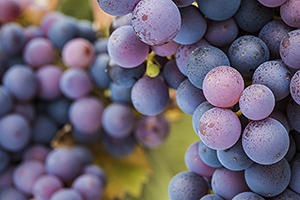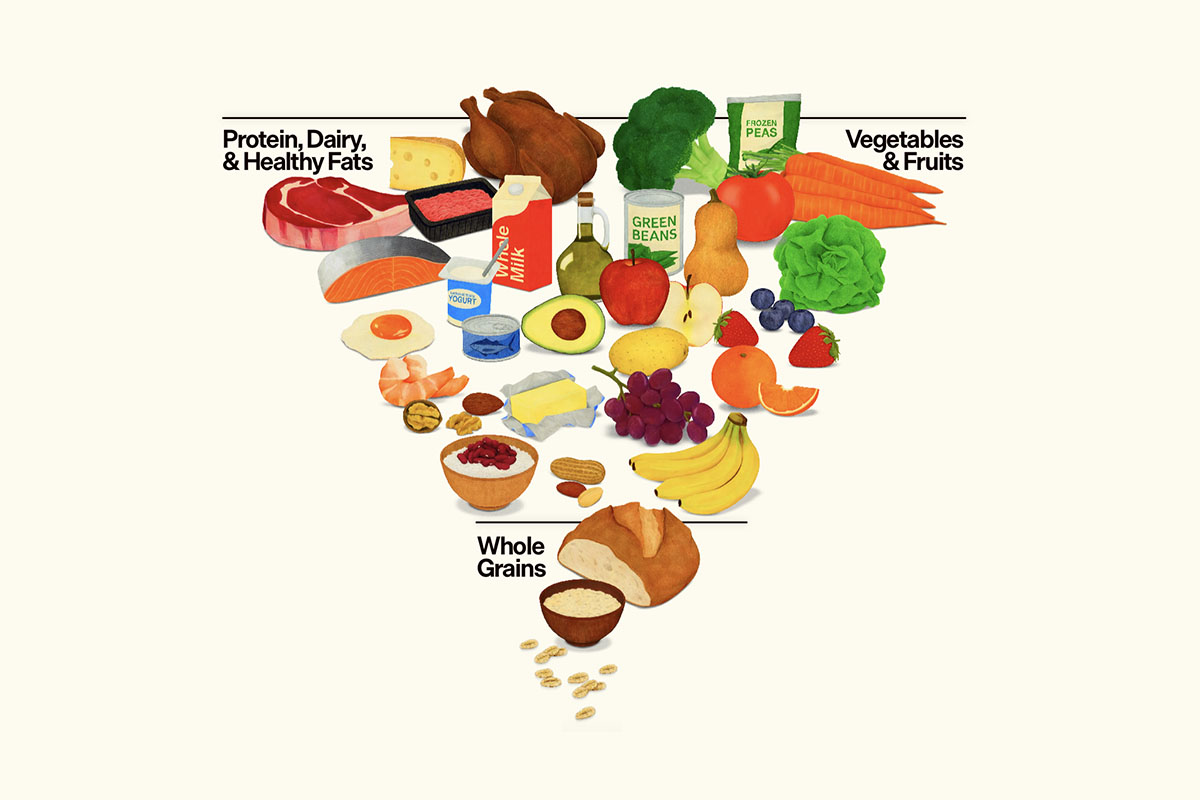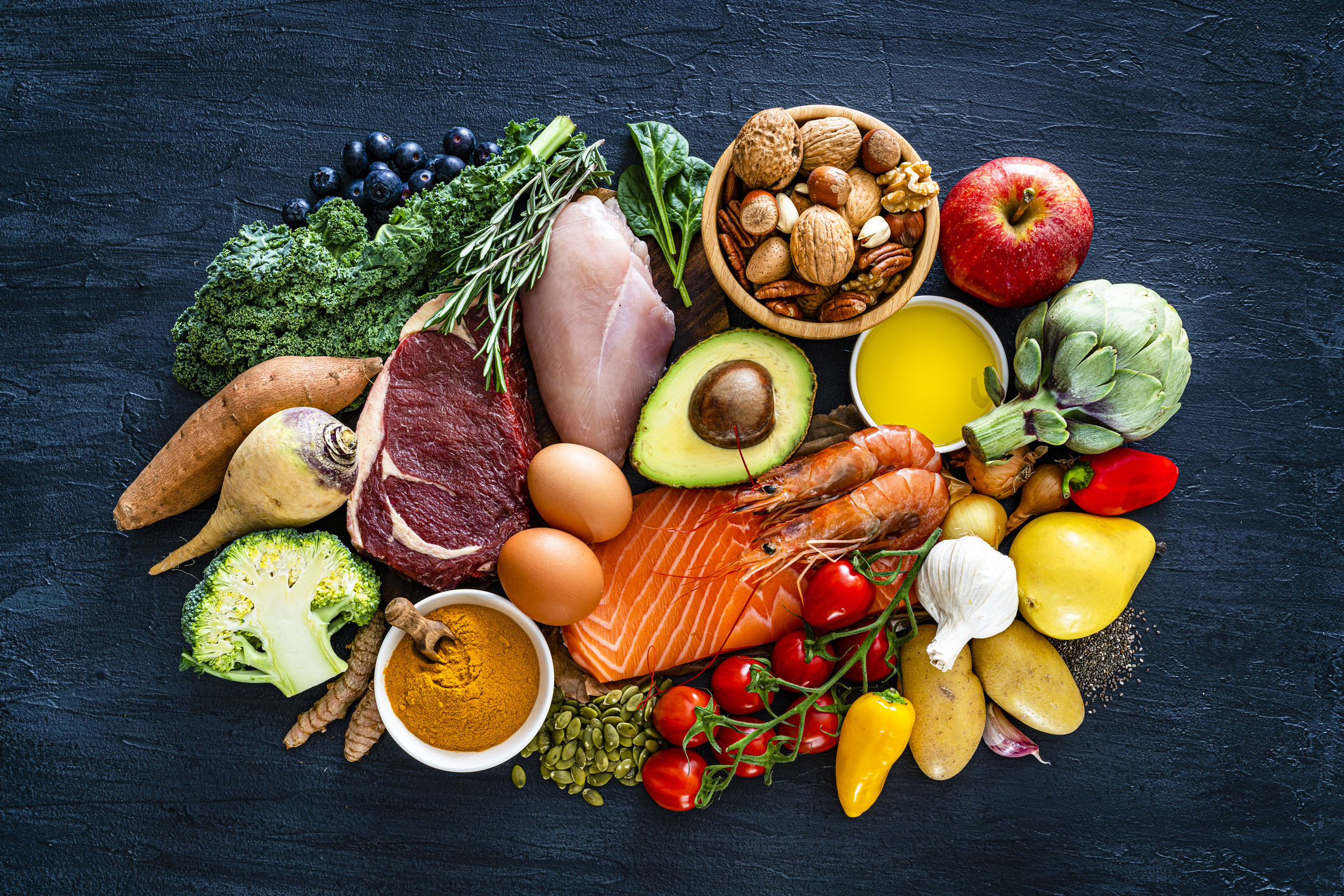You’ve probably heard a lot about polyphenols. They’re touted as the magical ingredients in “Superfoods” that confer all kinds of health benefits. There are over 8000 polyphenols, and they’re only present in plant foods and spices. Berries, coffee, tea, and red wine are among the richest sources of beneficial polyphenols, but many other foods deliver them.
Why did plants evolve to produce polyphenols so beneficial to human health? No, it’s not plant altruism toward humans. It’s an exquisite example of co-evolution, in which substances designed to protect plants from stress—insect predators, extremes of temperature, or fungal invasion, for example—are harnessed by animals to confer a myriad of health benefits.
An example of which is resveratrol, a polyphenol found in red wine. Resveratrol content in grapes is amped up in response to cold weather; vineyards in continuously balmy climates yield grapes considered inferior in taste to grapes subject to cold snaps and brief droughts. Resveratrol is thought to be heart-healthy, the basis of the “French Paradox” by which the French enjoy relative freedom from cardiovascular disease despite their rich diets.
Fortunately, in a remarkable conjunction of evolution, polyphenols have a flavor signature that makes humans seek them out. Thus, more flavorful fruits, vegetables, and spices are richer in polyphenols. But bland, ultra-refined foods, despite their plant derivation, are bereft of their original polyphenols.
Polyphenols possess potent antioxidant activity; they’re also strongly anti-inflammatory. One of the most common polyphenols, quercetin, found in apples, tea, and onions, may act on viral proteases, enzymes that enable the coronavirus to invade and damage cells.
A recent review entitled “Regulation of Immune Function by Polyphenols” states: “Decades of research on polyphenols have led to several insights regarding the effects of polyphenols on immune function. Each type of polyphenol targets and binds to one or more receptors on immune cells and thus triggers intracellular signaling pathways that ultimately regulate the host immune response.”
Catechins like EGCG (epigallocatechin gallate) present in green tea have well-researched antiviral and anti-inflammatory effects. This article summarizes the multiple pathways by which green tea might mitigate the effects of SARS-CoV-2 based on its established efficacy vs. other viral threats. The authors modestly conclude that, while proposing EGCG and tea polyphenols as a drug treatment would be an overstatement, “there can be considerations on their use in treatment of viral infections including COVID-19.”
In addition to quercetin from black tea and EGCG from green tea, coffee and cocoa are rich in polyphenols. This may explain the seemingly paradoxical longevity dividends obtained by coffee drinkers and consumers of dark chocolate and red wine, once shunned as unhealthy indulgences.
Others with exotic names like kaempferol (found in spinach, cabbage, and dill), naringenin (citrus fruit), luteolin (celery), carvacrol (oregano), oleuropein (olive oil), proanthocyanidins (berries and pomegranates), and curcumin (turmeric) confer similar protection.
In addition to the direct effects of the natural chemicals in plants, it’s now recognized that they may exert their protective effects via the microbiome. Eating these foods and drinking these beverages may nourish the bacteria in our intestines, favorably altering the composition of GI flora. Harmful species may be kept in check, and beneficial microbes encouraged, resulting in favorable alterations to immunity and metabolism.
Since there’s no single “magic bullet” natural substance that unequivocally vanquishes COVID-19, it’s reasonable to diversify your portfolio of polyphenols by consuming a wide array of fresh, flavorful, and colorful natural plant foods, spices, and beverages. Besides, polyphenols confer numerous other health benefits.








